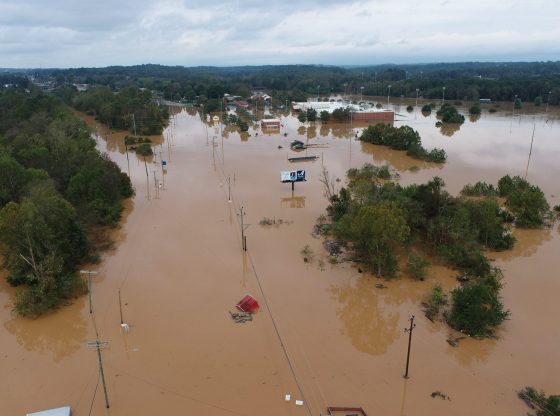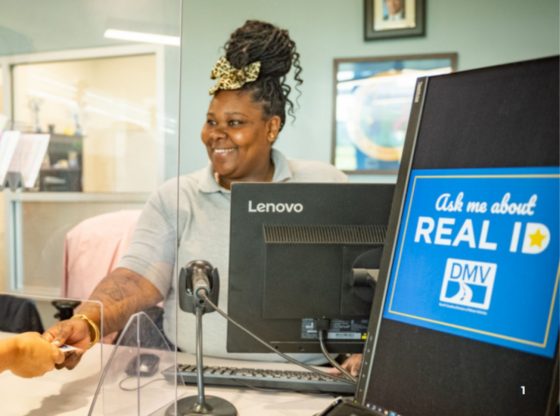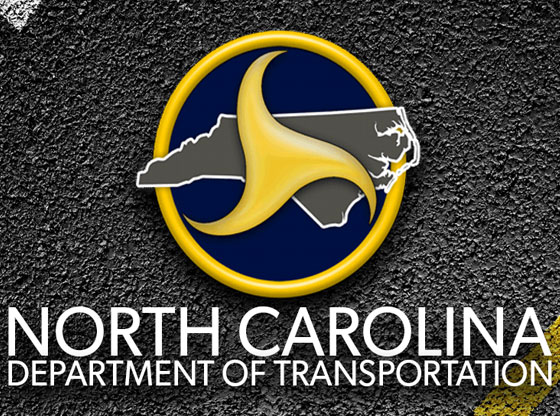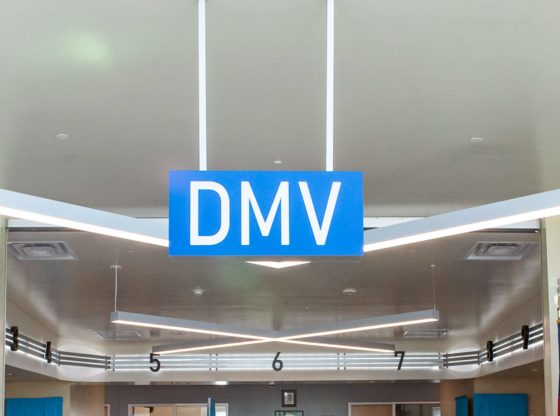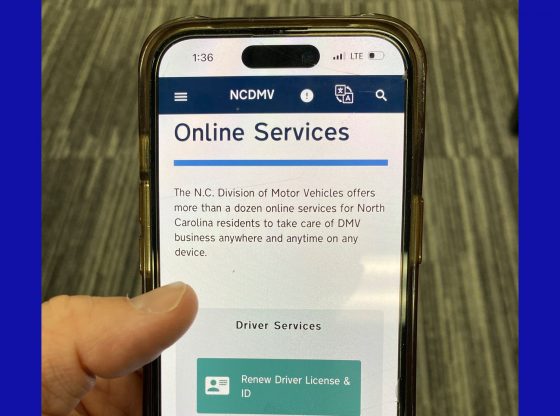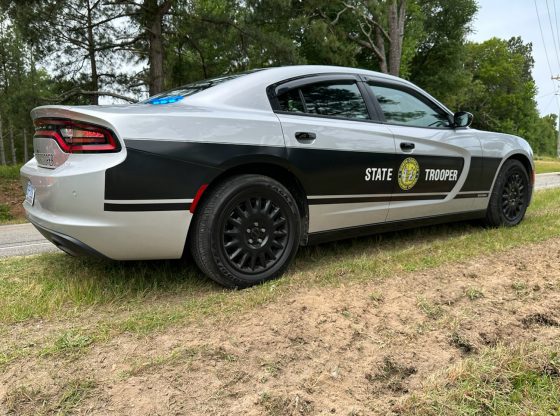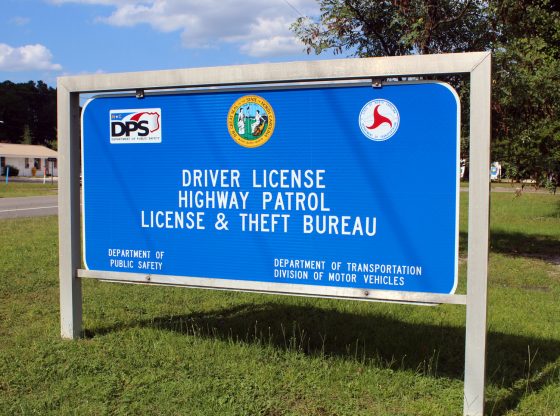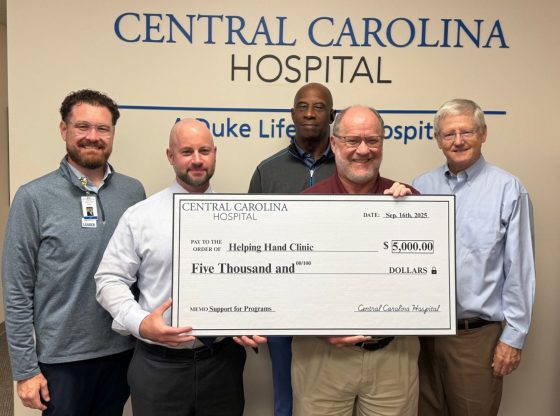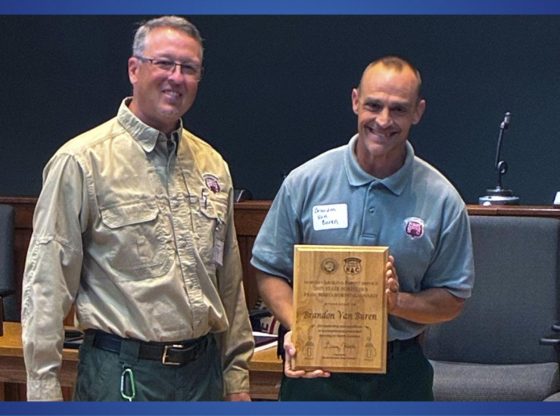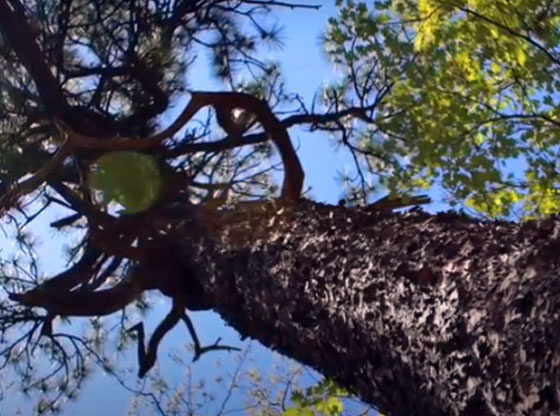The North Carolina Department of Health and Human Services Thursday announced $2.9 million in federal funding to help increase crisis counseling services for people impacted by Hurricane Helene. The funding is part of the Crisis Counseling Assistance and Training Program administered by the U. S. Substance Abuse and Mental Health Services Administration (SAMHSA), which is available to states to address behavioral health care needs and support relief for people in disaster-impacted communities.
The funding will be used to expand the Hope4NC initiative to recruit, hire and train crisis counselors, behavioral health therapists and certified peer support specialists in the 25 counties declared major disaster areas following Hurricane Helene. Approximately 1.8 million people live in these areas and were impacted by the storm that brought catastrophic damage on Sept. 26, 2024, and in the days following. Currently, first responders and volunteers experiencing stress or mental health crisis can call the Hope4NC Helpline at 1-855-587-3463 24/7. The additional funding will expand the crisis response workforce to increase access to more people who are impacted by Hurricane Helene.
“There is no right or wrong way to feel when a disaster hits, and people will continue to experience the emotional impact long after the storm has passed,” said NC Health and Human Services Secretary Kody H. Kinsley. “Helping western North Carolinians rebuild means also helping them heal – crisis counselors are critical to recovery efforts so people can get the care they need, when and where they need it.”
Crisis counseling through Hope4NC will be a free and anonymous resource for people impacted by Hurricane Helene and will mirror NCDHHS efforts following Hurricane Matthew and Hurricane Florence. Following training, crisis counselors will be available to connect survivors with recovery resources and to offer emotional and educational support. They will meet storm survivors wherever is most convenient, whether at home or in their community at a library, church or other preferred location. The program is made possible by SAMHSA in partnership with the Federal Emergency Management Agency.
“Catastrophic disasters like Hurricane Helene are very unique and significant stressors for everyone – adults, children, first responders, older adults, and people with disabilities,” said Kelly Crosbie, MSW, LCSW, Director of the NCDHHS Division of Mental Health, Developmental Disabilities, and Substance Use Services. “Together with state and federal partners, we are creating a robust network of helpers to make sure people know the signs and symptoms of mental distress and where to get help for themselves, a loved one, a co-worker, or a neighbor.”
To ensure these services reach those most in need of immediate support in western North Carolina, Hope4NC crisis counseling will include face-to-face outreach to shelters, homes and other locations to meet storm survivors where they are, provide assessment and counseling services, and make referrals to traditional behavioral health services as needed.
Each of the Local Management Entity/Managed Care Organizations that serve storm-impacted communities will receive a portion of funds to hire and train staff in their catchment areas. For example, Vaya Health has the largest impacted service area and will receive $1.2 million to hire more than 50 crisis counselors to support ongoing storm recovery efforts and behavioral health services. For a full list of behavioral health walk-in clinics currently operating and available right now to people in storm-impacted areas, visit the Vaya Health resource page.
NCDHHS is committed to continuing to support recovery and relief efforts following Hurricane Helene, including helping people cope with the mental and emotional impacts of the storm. For anyone who needs mental health support – including just someone to talk to – help is available right now through a call, text or chat to 988. For additional resources, visit ncdhhs.gov/helene or the NCDHHS DMHDDSUS Resource Page for people impacted by Hurricane Helene.
Contributed article and photo.


